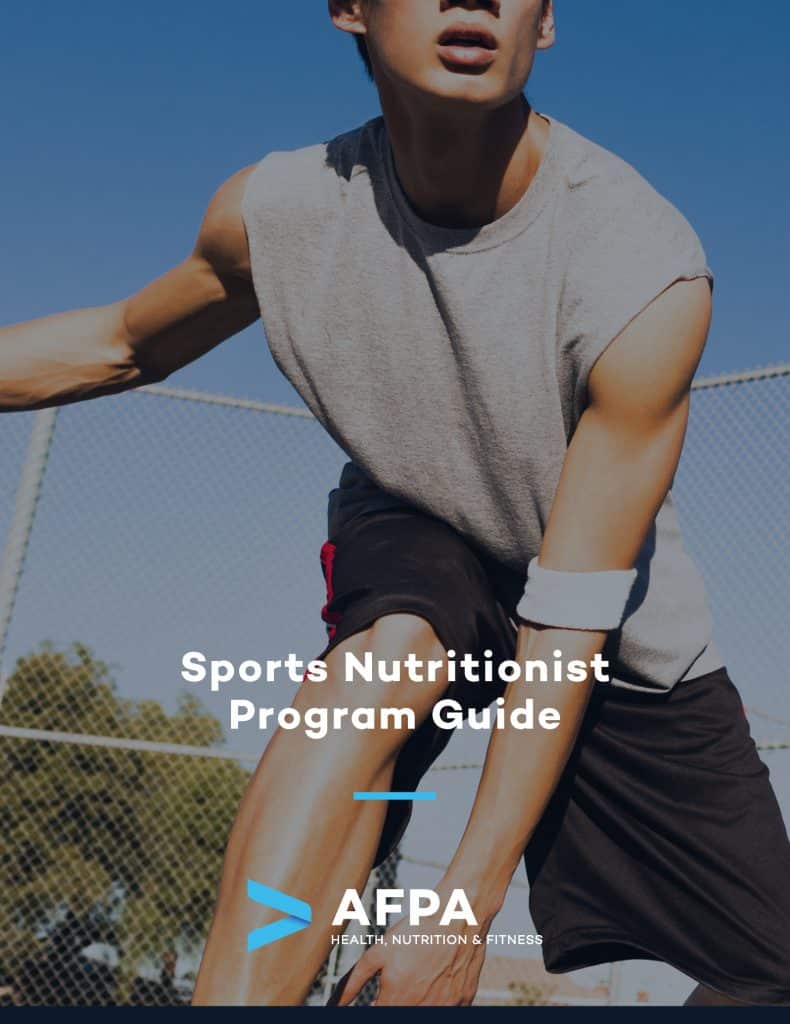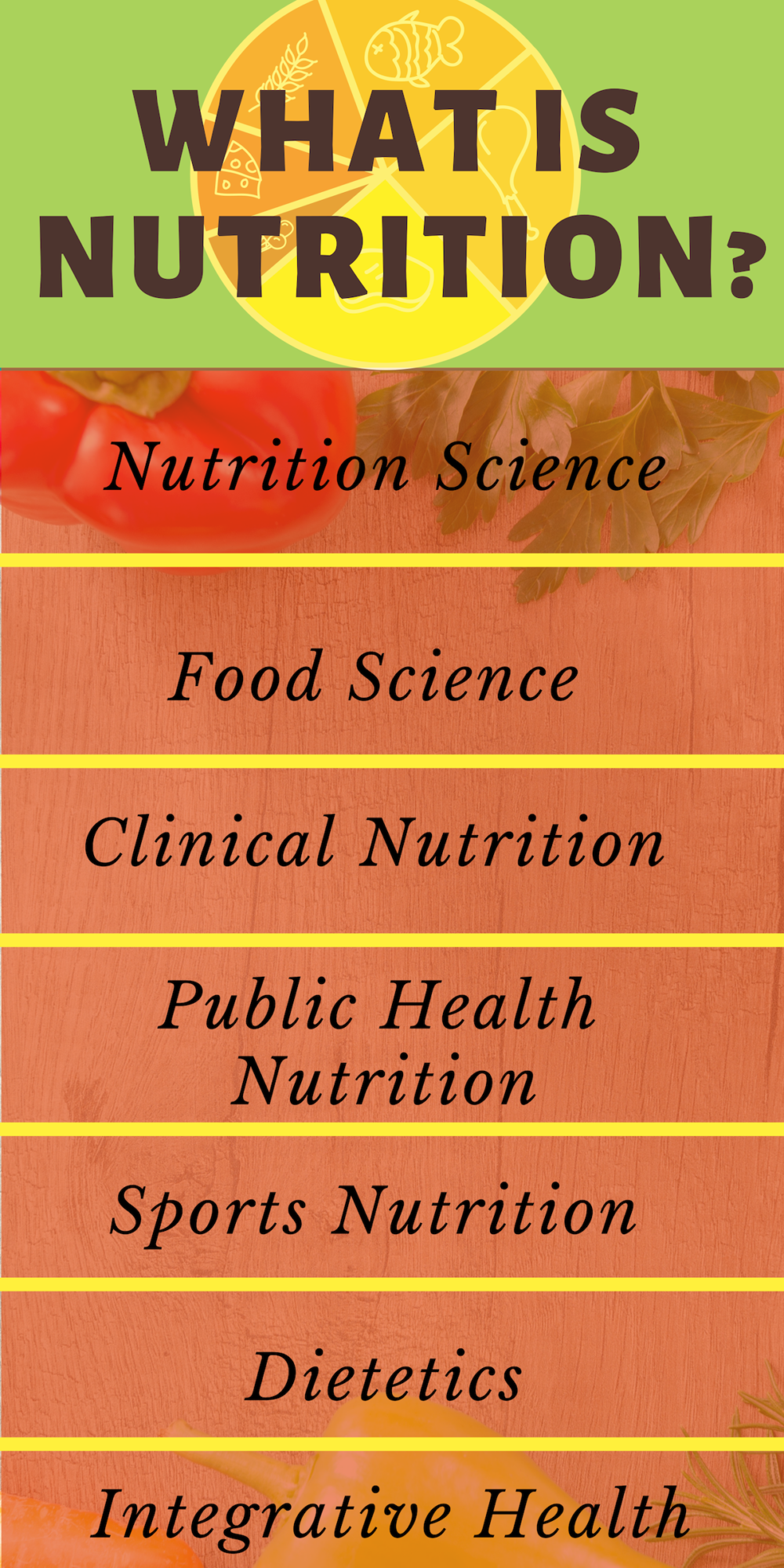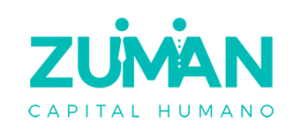international society sports nutrition
International society sports nutrition
The ISSN Board of Directors, ISSN Advisory Board, and JISSN Editorial Board are very excited about the JISSN becoming a BioMed Central journal. We hope that exercise and nutrition researchers and practitioners will look to the JISSN as a quality outlet for their work crystal water slot free game. In addition, we look forward to greater exposure of the ISSN and JISSN within the biomedical communities and general public as we embark on a new era of publishing the JISSN with BioMed Central.
For the first three years of publication, the JISSN was published as a peer-reviewed open access electronic journal accessible through the ISSN’s website. While this format has been successful, the ISSN’s Board of Directors sought to increase the visibility, credibility, and impact of the JISSN. As a result, the ISSN decided to convert the JISSN from a society-based electronic journal to a BioMed Central journal. BioMed Central is an independent publishing house committed to ensuring peer-reviewed biomedical research is open access – immediately and permanently available online without charge or any other barriers to access. Publishing the JISSN through BioMed Central provides an automated online submission and peer-review process; publication preparation services; the ability to publish articles online within a few days of acceptance; and, automatic indexing through PubMed , PubMed Central , Scirus , Google , Citebase , and OAIster . Additionally, it allows for citation tracking through Thomson Scientific (ISI) which will help establish and build a strong impact factor for the JISSN. While there is an article-processing charge associated with publishing through BioMed Central, the ISSN Board of Directors believes that converting JISSN to a BioMed Central journal will make it more convenient for authors to submit their articles as well as greatly enhance the exposure and impact of articles published in the JISSN.
Eating before sleep has long been controversial . However, a methodological consideration in the original studies such as the population used, time of feeding, and size of the pre-sleep meal confounds firm conclusions about benefits or drawbacks. Recent work using protein-rich beverages 30-min prior to sleep and two hours after the last meal (dinner) have identified pre-sleep protein consumption/ingestion as advantageous to MPS, muscle recovery, and overall metabolism in both acute and long-term studies . Results from several investigations indicate that 30–40 g of casein protein ingested 30-min prior to sleep or via nasogastric tubing increased overnight MPS in both young and old men, respectively. Likewise, in an acute setting, 30 g of whey protein, 30 g of casein protein, and 33 g of carbohydrate consumed 30-min prior to sleep resulted in an elevated morning resting metabolic rate in young fit men compared to a non-caloric placebo . Similarly, although not statistically significant, morning increases in resting metabolic rate were reported in young overweight and/or obese women . Interestingly, Madzima et al. reported that subjects’ respiratory quotient measured during the morning after pre-sleep nutrient intake was unchanged only for the placebo and casein protein trials, while both carbohydrate and whey protein were increased compared to placebo. This infers that casein protein consumed pre-sleep maintains overnight lipolysis and fat oxidation. This finding was further supported by Kinsey et al. using a microdialysis technique to measure interstitial glycerol concentrations overnight from the subcutaneous abdominal adipose tissue, reporting greater fat oxidation following consumption of 30 g of casein compared to a flavor and sensory-matched noncaloric placebo in obese men. Similar to Madzima et al. , Kinsey et al. concluded that pre-sleep casein did not blunt overnight lipolysis or fat oxidation. Interestingly, the pre-sleep protein and carbohydrate ingestion resulted in elevated insulin concentrations the next morning and decreased hunger in this overweight population. Of note, it appears that exercise training completely ameliorates any rise in insulin when eating at night before sleep , while the combination of pre-sleep protein and exercise has been shown to reduce blood pressure and arterial stiffness in young obese women with prehypertension and hypertension . In athletes, evening chocolate milk consumption has also been shown to influence carbohydrate metabolism in the morning, but not running performance . In addition, data supports that exercise performed in the evening augments the overnight MPS response in both younger and older men .
The timing of protein-rich meals consumed throughout a day has the potential to influence adaptations to exercise. Using similar methods, other studies over recent decades have established the following:
Hoffman JR, Ratamess NA, Tranchina CP, Rashti SL, Kang J, Faigenbaum AD. Effect of protein-supplement timing on strength, power, and body-composition changes in resistance-trained men. Int J Sport Nutr Exerc Metab. 2009;19:172–85.
Degree in sports nutrition
Help businesses create wellness programs that incorporate proper nutrition and exercise for their employees. This role is becoming increasingly important as companies invest more in employee health and productivity.
Both the PhD and EdD offer unique benefits depending on your career aspirations. The PhD in Kinesiology with a concentration in Sports Nutrition is ideal for those who are research-focused and looking to contribute to the academic field or take on high-level research roles. A PhD prepares graduates to lead research projects, publish in peer-reviewed journals, and shape the future of sports nutrition through new discoveries.

Help businesses create wellness programs that incorporate proper nutrition and exercise for their employees. This role is becoming increasingly important as companies invest more in employee health and productivity.
Both the PhD and EdD offer unique benefits depending on your career aspirations. The PhD in Kinesiology with a concentration in Sports Nutrition is ideal for those who are research-focused and looking to contribute to the academic field or take on high-level research roles. A PhD prepares graduates to lead research projects, publish in peer-reviewed journals, and shape the future of sports nutrition through new discoveries.
*This estimate includes online tuition and College of Health and Human Sciences fees and is for illustrative purposes only. Your hours and costs will differ depending on your transfer hours, course choices and your academic progress. See more about tuition and financial aid.
A successful career in sports nutrition is founded in clinical nutrition, exercise science and counseling and an entrepreneurial mindset and practical experience. Developing this array of skills requires both the right educational background and job experience.
Degrees in sports nutrition
The sports nutrition program focuses on the application of nutrition principles as they relate to sport and human performance. Students will explore how nutrition impacts performance. Graduates will be prepared for careers including sports nutrition, personal training or work in the fitness industry, including product development and research. Students may choose to supplement their academic training with national certification in a specific area including personal trainer, strength and conditioning coach or health coach.
Your thesis may focus on research you conduct in UCM’s state-of-the-art human performance lab or your work with university student-athletes should you choose to take advantage of that opportunity. If you choose the non-thesis option, you’ll complete an additional course of your choice from the variety of elective courses that we offer. Either option allows you to complete UCM’s Sport Nutrition master’s degree online and in person within two years.
“UCM’s Sport Nutrition program helped me develop a skill set that has served me well as an upcoming professional. Program faculty are knowledgeable, passionate and invested in helping students achieve individual success. Completing this program gave me a high level of expertise and knowledge in the field and critical thinking skills that my employers have found to be invaluable.”

The sports nutrition program focuses on the application of nutrition principles as they relate to sport and human performance. Students will explore how nutrition impacts performance. Graduates will be prepared for careers including sports nutrition, personal training or work in the fitness industry, including product development and research. Students may choose to supplement their academic training with national certification in a specific area including personal trainer, strength and conditioning coach or health coach.
Your thesis may focus on research you conduct in UCM’s state-of-the-art human performance lab or your work with university student-athletes should you choose to take advantage of that opportunity. If you choose the non-thesis option, you’ll complete an additional course of your choice from the variety of elective courses that we offer. Either option allows you to complete UCM’s Sport Nutrition master’s degree online and in person within two years.
“UCM’s Sport Nutrition program helped me develop a skill set that has served me well as an upcoming professional. Program faculty are knowledgeable, passionate and invested in helping students achieve individual success. Completing this program gave me a high level of expertise and knowledge in the field and critical thinking skills that my employers have found to be invaluable.”
